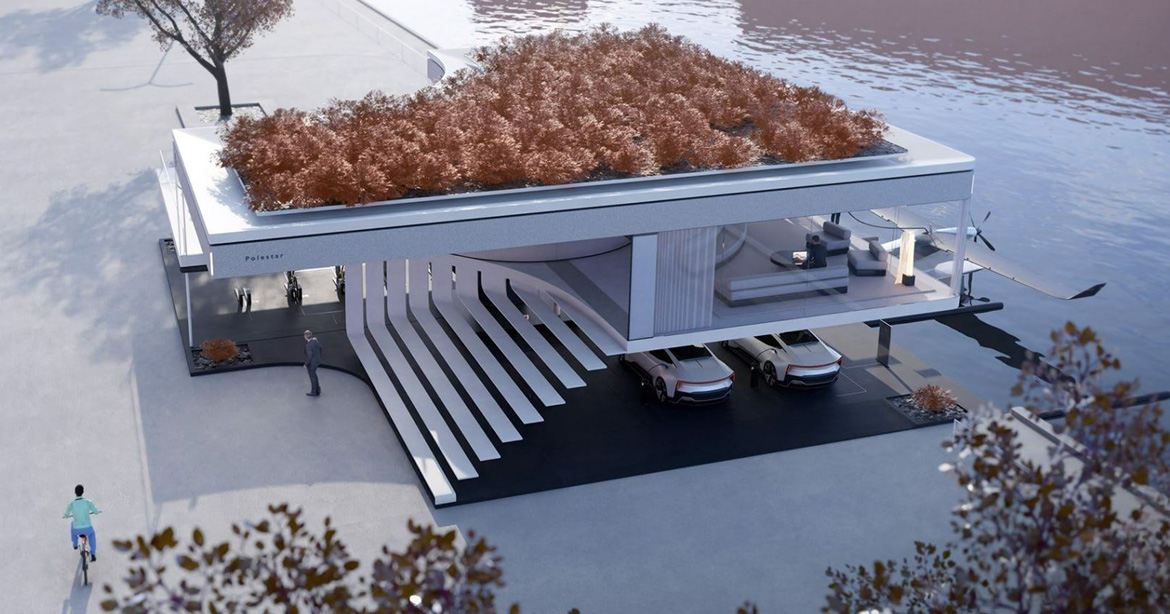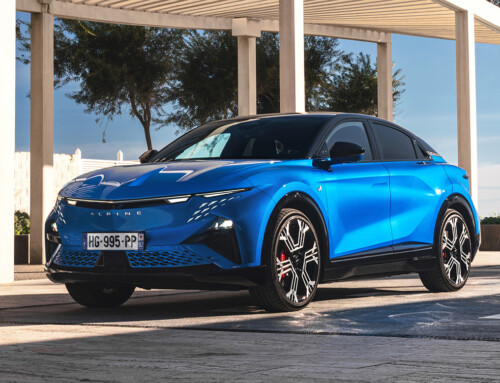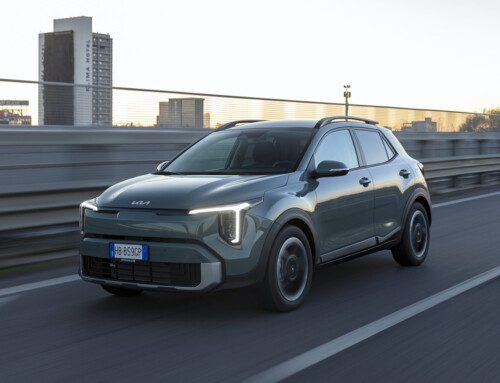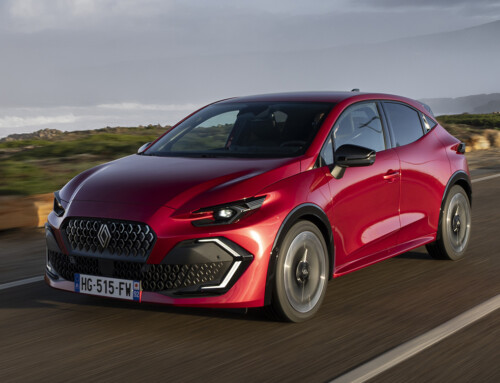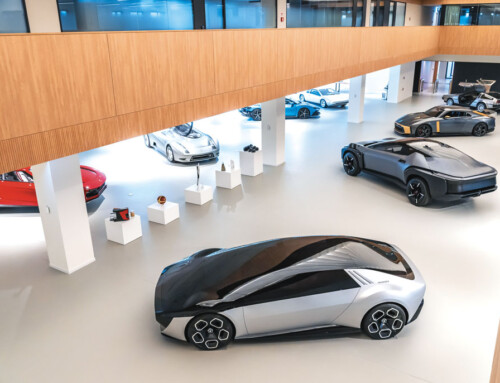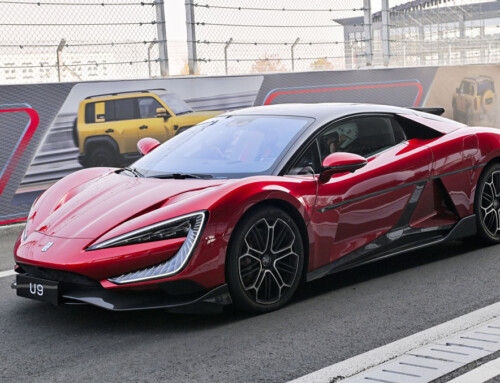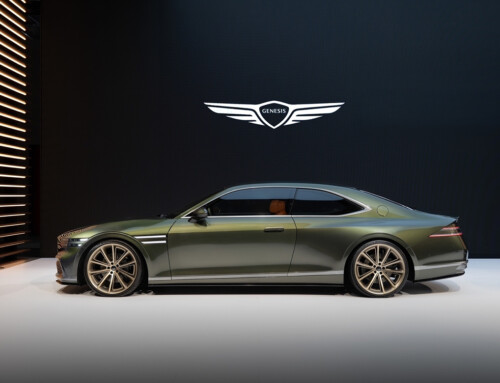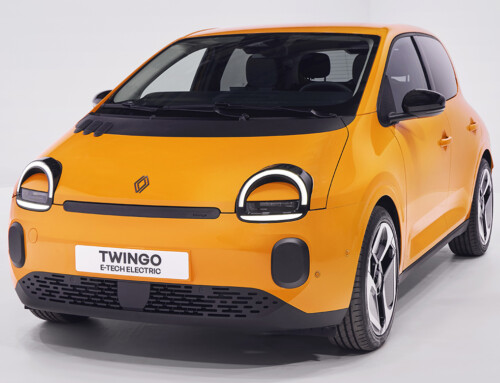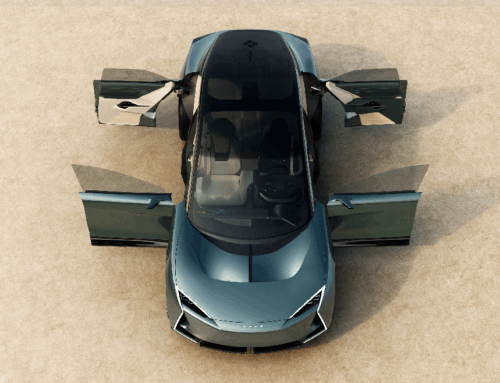Polestar has announced the winners of its second annual global design contest. The Polestar Design Contest invites both professional designers and students to showcase innovative thinking that encourages positive change in society, including responses to the ongoing climate crisis. Winning designs in each category can also be viewed on a Polestar 2-specific app, on the brand’s website or in person at Polestar Spaces.
The project didn’t have to be a car, just as long as it embodied the spirit of Polestar and demonstrated that design can be the driving force for positive change. “It was inspiring to interact with so much emerging and experienced talent. We’ve seen designs evolve from creative sketches to 3D models, proving that the world is full of exceptional professionals,” said Maximilian Missoni, Polestar’s head of design. The ideas received were very diverse and included buildings, aircraft, cars, driverless delivery vehicles and electric bicycles. These were narrowed down to a shortlist of 10, from which the overall winners were chosen.
For the professional category, the winner was David Vultaggio from France with his concept “H_UB” – a new garage concept of the future, including a Polestar experience center and several places to hang out while charging the vehicle. “H_UB” recognizes that automotive brands are moving away from simply designing and manufacturing vehicles, to offering a complete ecosystem of mobility solutions and different ways to access energy.
For the student category, the first prize went to Mingwei Liu from China with his project “Glad to be dirty” – a car that tackles local pollution with on-board air filters that are visible from the outside. The vehicle is a small, simple geometric car with an architectural interpretation of Polestar’s styling vocabulary. It has a central side panel that shows the progressively dirty air filter, showing how clean the car has been of the environment during the driving phases, moving individuals to greater environmental awareness.
Honorable mention went to Finland’s Kristian Talvitie for the Koja project. Koja is a natural space surrounded by trees to provide a rich and immersive experience of contact with nature for people who would otherwise need to travel far to experience these sensations. The design maximizes views from the trees with a panoramic glass facade and minimizes ecological impact with high space efficiency and low resource intensity. It aims to encourage positive change in society by helping to reduce travel.

